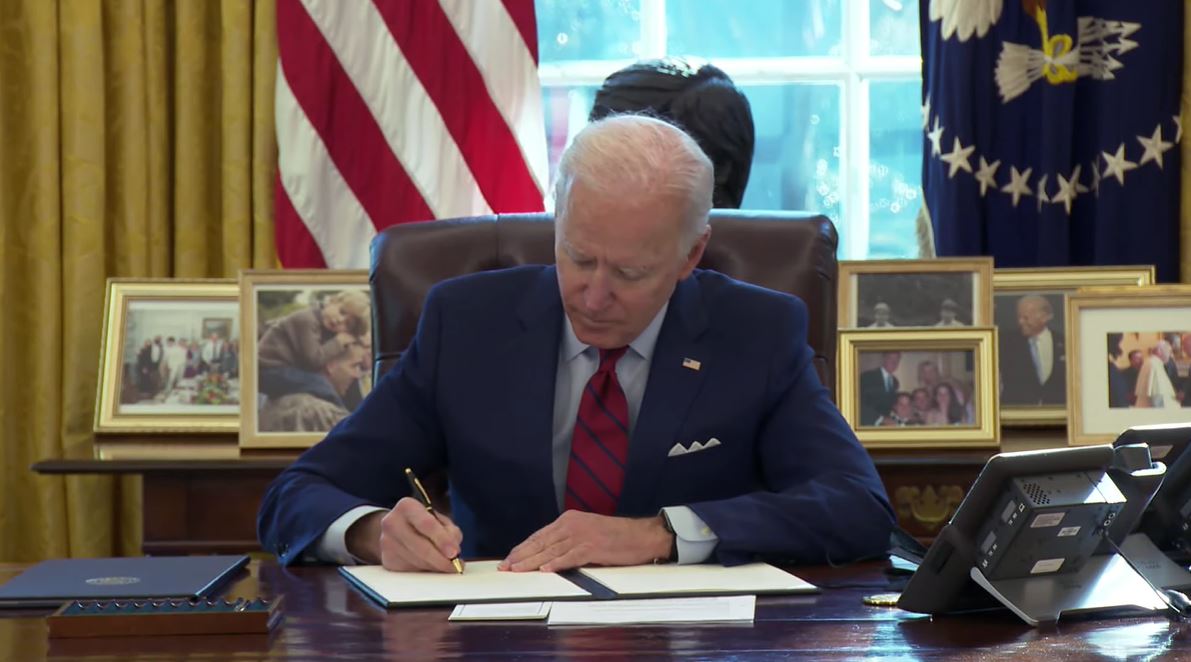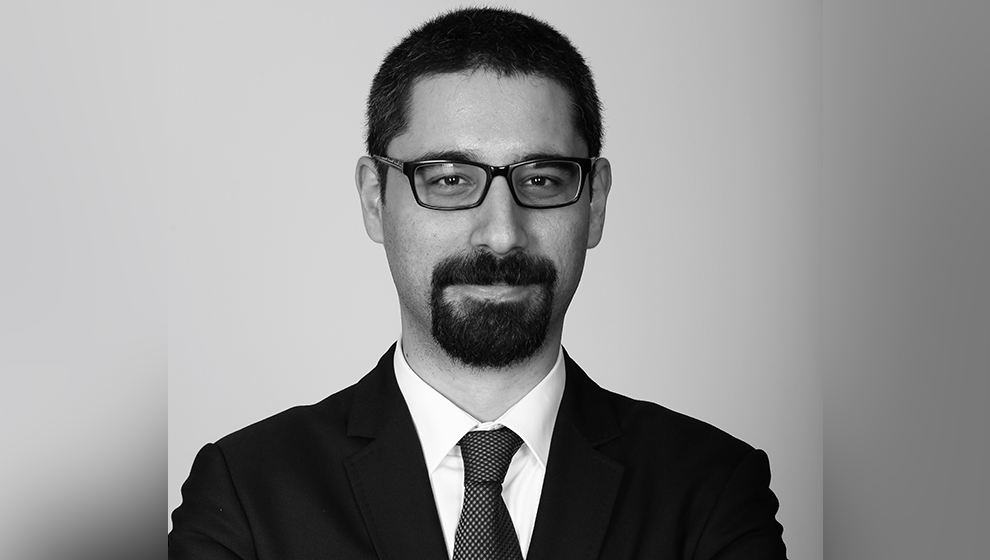Following the Turkish President backing the return of the death penalty, Kristin Hausler, Dorset Senior Research Fellow at the British Institute of International and Comparative Law (BIICL), provides a response to the potentially monumental decision. The comments are based on a recent BIICL report on the rule of law in Turkey:
“It has been reported that President Recep Tayyip Erdogan says he is ready to reinstate the death penalty ‘if the people demand it’. This would be a step backwards as the death penalty was abolished in Turkey in 2004 (amendment to Art 38 Constitution) and the Turkish Constitutional Court has upheld the validity of the legislation abolishing it. In fact, there has not been any execution of prisoners since 1984. As the death penalty has been abolished under Turkish constitutional law (amendment to Article 38 of the Constitution), there would need to be another constitutional amendment to reinstate the death penalty, but to initiate constitutional reform, a referendum must be called by a ‘supermajority’ of parliament members (at present the AKP does not have such majority, which consists of 330 seats). There would then need to be the backing of other parties to do so.
“In addition, Turkey has also ratified Protocol No. 6 to the European Convention on Human Rights (ECHR) concerning abolition of the death penalty. While derogations to the ECHR can be made in time of emergency, in accordance with Article 15 ECHR, derogation from Article 2, which provides for the right to life, is not permissible. While Article 2 allows for deprivation of life in the ‘execution of a sentence of a court following his conviction of a crime for which this penalty is provided by law’, Protocol No. 6 to the European Convention on Human Rights does not allow any derogation to it under Article 15 ECHR. Turkey would then have to amend its Constitution and denounce Protocol 6 of the ECHR, in order to reinstate the death penalty, which would be seen by the international community as a step backwards. All of the States which are party to the Council of Europe have signed and ratified this Protocol, except for Russia which has only signed it.”
(Source: British Institute of International and Comparative Law)



















